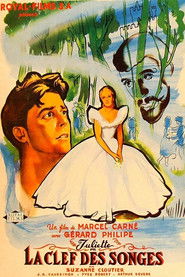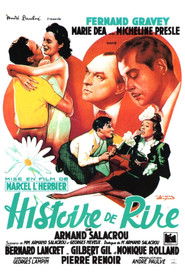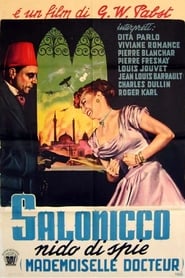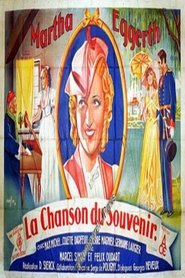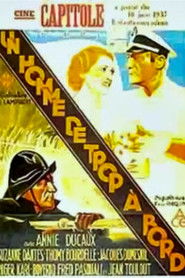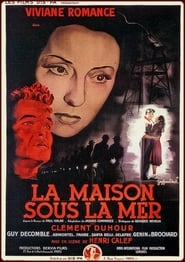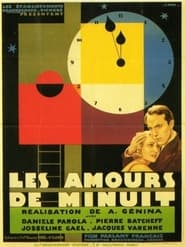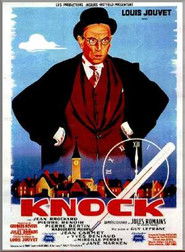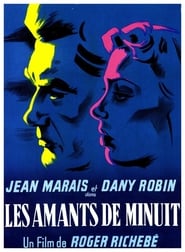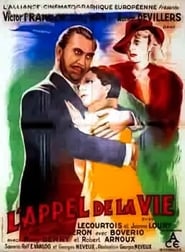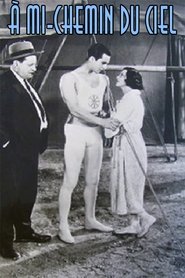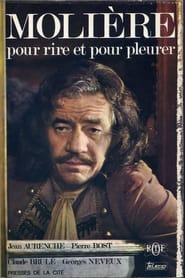From Wikipedia
Georges Neveux (1900-1982) was a French dramatist and poet.
Neveux's first notable work was the play Juliette ou la clé des songes (Juliet or the key to dreams), written in 1927 and produced in 1930. It became the basis of Theodor Schaefer's melodrama Julie aneb Snar (Julie or the Book of Dreams) for piano, jazz instruments, and small orchestra, from 1934, Bohuslav Martinů's opera, Julietta, from 1937, and for the 1951 film Juliette, or Key of Dreams.
During the 1930s, when he was general secretary of the Théâtre des Champs-Élysées, he wrote little. In 1943 appeared Le Voyage de Thésée (The Voyage of Theseus), which was also later adapted by Martinů as an opera (Ariane, 1958). In 1945 he translated and adapted Shakespeare's A Midsummer Night's Dream.
Neveux also wrote numerous filmscripts, although he greatly preferred the theatre; as he said, 'the first because one must earn a living, the second because one must deserve to live'.
Georges Neveux (1900-1982) was a French dramatist and poet.
Neveux's first notable work was the play Juliette ou la clé des songes (Juliet or the key to dreams), written in 1927 and produced in 1930. It became the basis of Theodor Schaefer's melodrama Julie aneb Snar (Julie or the Book of Dreams) for piano, jazz instruments, and small orchestra, from 1934, Bohuslav Martinů's opera, Julietta, from 1937, and for the 1951 film Juliette, or Key of Dreams.
During the 1930s, when he was general secretary of the Théâtre des Champs-Élysées, he wrote little. In 1943 appeared Le Voyage de Thésée (The Voyage of Theseus), which was also later adapted by Martinů as an opera (Ariane, 1958). In 1945 he translated and adapted Shakespeare's A Midsummer Night's Dream.
Neveux also wrote numerous filmscripts, although he greatly preferred the theatre; as he said, 'the first because one must earn a living, the second because one must deserve to live'.
Show more expand_more
keyboard_double_arrow_down

